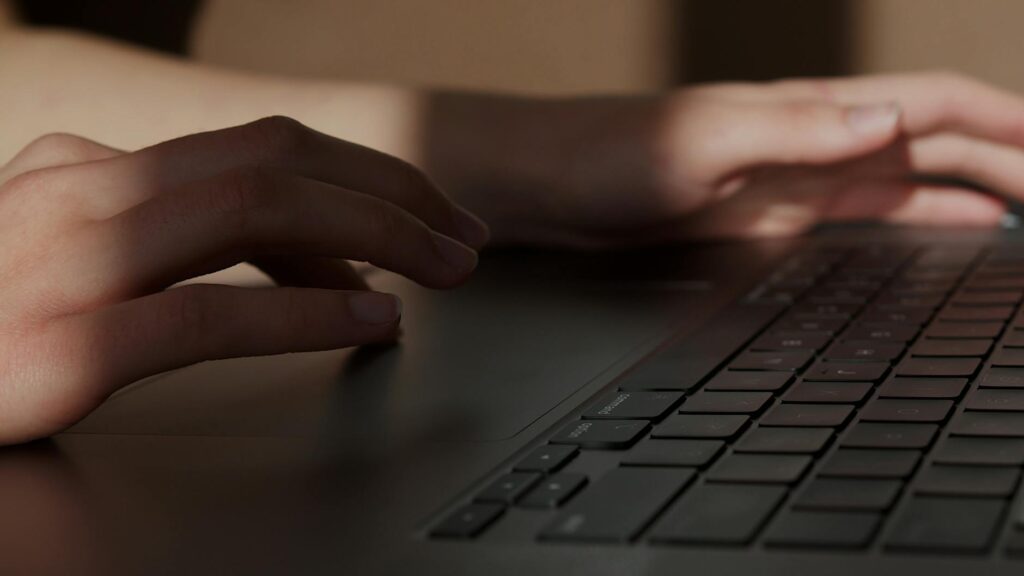What is healthier technology habits?

What is healthier technology habits?
In our fast-paced digital world, adopting healthier technology habits has become essential for maintaining productivity and overall well-being. As we navigate through various devices and platforms, it’s easy to lose track of how technology affects our daily lives. This article takes a closer look at what constitutes healthier technology habits, their significance, and practical strategies to cultivate them.
Understanding Healthier Technology Habits
Healthier technology habits refer to mindful and balanced use of electronic devices and digital platforms. These habits are crucial as they help us mitigate the negative effects of technology on our mental and physical health. By fostering an intentional relationship with technology, we can enhance our productivity and well-being.
The Impact of Technology on Daily Life
Technology shapes our daily routines in numerous ways. From communication to work, it influences how we interact with others and manage tasks. However, while technology offers conveniences, it can also lead to distractions and mental fatigue. According to a Sogolytics article, our dependency on technology can create challenges like constant distractions and difficulties in switching off from work. Therefore, recognizing the duality of technology is essential for developing healthier habits.
Recognizing Unhealthy Technology Use
It’s important to identify signs of unhealthy technology habits. Excessive screen time, constant notifications, and reliance on devices for social interaction can lead to issues such as anxiety and decreased focus. Studies have shown that overuse of social media and mobile devices can cause physical effects like eyestrain and psychological effects like depression (Medical News Today). If you find yourself mindlessly scrolling or feeling anxious without your devices, it’s time to reassess your technology habits.
Strategies for Developing Healthier Technology Habits
Cultivating healthier technology habits is a practical goal that anyone can achieve. Here are some actionable strategies to get you started.
Setting Boundaries with Screen Time
Managing screen time is crucial for developing healthier habits. Setting specific time limits for device usage can help you regain control. Apps like Screen Time on iOS can assist you in tracking and limiting usage effectively. Try creating a daily schedule that allocates tech time and non-tech time, allowing for a balanced relationship with your devices.
Incorporating Technology Breaks
Taking regular breaks from technology can significantly improve your mental clarity. Consider implementing the “20-20-20 rule”—every 20 minutes, look at something 20 feet away for 20 seconds. It’s a simple way to reduce eye strain. Scheduling these breaks into your daily routine allows your mind to recharge, enhancing overall productivity.
Mindful Technology Usage
Practicing mindful technology use encourages purposeful engagement rather than mindless scrolling. Before reaching for your device, ask yourself, “What am I hoping to achieve?” This practice can help you focus on tasks that truly matter, making your technology interactions more fulfilling.
Tools and Apps to Support Healthier Technology Habits
Several tools and apps can assist you in managing your technology use effectively.
Productivity Apps
Using productivity apps can help streamline tasks while reducing unnecessary screen time. Applications like Trello or Notion can organize your projects and tasks, enabling you to stay focused on what’s important without getting lost in distractions.
Screen Time Tracking Tools
Apps like Moment and Forest can help track your screen time. They offer insights into your habits, allowing you to make informed adjustments to your usage and encouraging you to stay off your phone while focusing on other activities.
Creating a Balanced Digital Lifestyle
Striking a balance between technology and other activities is crucial for overall well-being.
Engaging in Offline Activities
Finding hobbies and activities that don’t involve screens is vital. Whether it’s reading, hiking, or painting, engaging in offline activities can boost your creativity and reduce stress. Consider dedicating specific times in your week for these activities to create a healthy balance in your life.
Establishing Tech-Free Zones
Creating tech-free zones in your home, such as the dining room or bedroom, encourages family interaction and reduces distractions. These areas can serve as spaces for meaningful conversations, relaxation, or even family games, promoting a healthier environment for everyone.

Photo by Artem Podrez
Conclusion
Adopting healthier technology habits is essential for enhancing productivity and well-being in today’s digital landscape. By understanding the impact of technology on our daily lives and recognizing unhealthy usage patterns, we can implement effective strategies that promote a balanced lifestyle. Whether it’s setting boundaries, incorporating breaks, or engaging in offline activities, these actions contribute to a healthier relationship with technology. Embrace these habits and take control of your digital life for a brighter, more productive future.